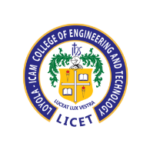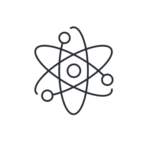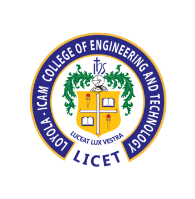Mechanical Engineering
Overview
The department’s teaching and non-teaching faculty are highly trained, knowledgeable, and committed, with some having over 30 years of experience. There are six doctorates available to help students with project modeling and management. Students benefit from labs with cutting-edge resources and equipment. We have professionally trained faculty to teach students on “Design Thinking” which has a bright future in mechanical engineering. LICET is one of the few colleges which has an Automation lab to train the students in the most advanced machining techniques. We provide holistic formation along with engineering education to students through Jesuits pedagogy. A few of our students are doing their Master’s program in France (ICAM University), the USA (Fairfield University), and also in Germany. Apart from curricular activities, students are encouraged to participate in co-curricular and extra-curricular activities too. With the global perspective, students learn French and German languages in addition to soft skill training, interview techniques, leadership grooming, skipper programmes, motor mechanic and robotic trainings. Our students consistently perform well and secure significant ranks in national level events, namely, BAJA, GO KART conducted for engineering students. In short, it is a soul satisfying experience to be a student of the Mechanical Department of LICET.
To develop competent and socially responsible mechanical engineers by providing quality education and research facilities.
- To collaborate with world class technical institutions both national, international and R&D organizations to impart practical training, teaching, research and entrepreneurship in order to prepare globally competitive mechanical engineers.
- To provide state of the art infrastructure and research facilities and adopting modern teaching methodologies and training to achieve academic excellence.
- To form socially responsible mechanical engineers by inculcating ethics through value based education.









